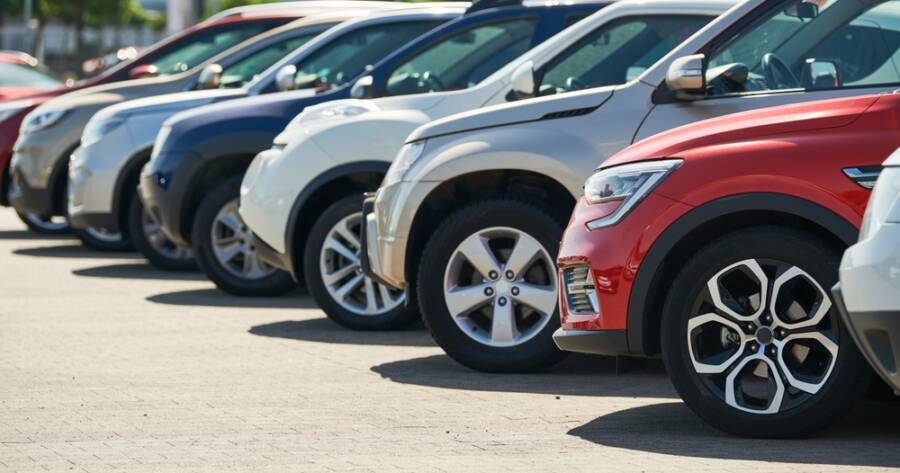Repossessed cars offer an excellent opportunity for savvy buyers to find amazing deals. These vehicles, often seized due to non-payment, are sold at auctions or through dealerships at significantly lower prices compared to new or used cars on the market. However, buying a repossessed car requires understanding the process, potential risks, and the best ways to find a reliable vehicle. With the right approach, you can drive away with a quality car for much less than you might expect.
What Are Repossessed Cars?
Repossessed cars are vehicles that have been reclaimed by lenders or financial institutions after the original owner fails to make payments as agreed. These vehicles are typically returned to the lender or dealership, who then seeks to recover the owed debt by selling the car.
Repossessed cars may be in varying conditions, depending on how well they were maintained by their previous owner, but they can often be purchased at a fraction of the price compared to similar used cars. The repossession process involves a legal claim and may include cars seized by banks, credit unions, or other lenders.
The Benefits of Buying Repossessed Cars
One of the major benefits of buying repossessed cars is the cost savings. Since these cars are often sold at auctions or directly through financial institutions, they are priced lower than comparable models from dealerships or private sellers. Buyers can often find vehicles that are well-maintained, as repossession doesn’t always mean neglect. A
dditionally, some cars may still have warranties or maintenance records available, making them a smart investment. Buying repossessed vehicles also offers a faster purchase process compared to traditional dealerships, where negotiations and paperwork can sometimes take longer.
Where to Find Repossessed Cars
Repossessed cars can be found through various channels, including dealerships, financial institutions, and online auction sites. Many banks, credit unions, and lending agencies sell repossessed vehicles directly to buyers through auction events or dedicated online listings. Popular auction sites like Copart or IAA are well-known platforms for repossessed vehicles.
Additionally, car dealerships that specialize in used or repossessed cars may have listings on their websites or in-store inventory. Government auctions and online resources often list repossessions by city or state, providing easy access for buyers to locate available vehicles.
Tips for Buying Repossessed Cars
When purchasing a repossessed car, it’s essential to thoroughly inspect the vehicle’s condition and history. Start by requesting a vehicle history report to check for any prior accidents, maintenance records, or outstanding issues. If possible, take the car for a test drive to assess its performance.
Additionally, hiring a mechanic for an independent inspection is highly recommended to ensure there are no hidden problems. Be aware that repossessed cars are usually sold as-is, meaning no warranty, so be prepared for any repairs. Lastly, always research the market value of the vehicle before committing to ensure you’re getting a good deal.
Repossessed Cars Can Be a Smart Buy
Repossessed cars offer an excellent opportunity to find great deals on vehicles that might otherwise be out of your price range. With careful research, proper inspections, and a little patience, you can score a well-maintained car at a significantly lower cost. By understanding where to find repossessed cars and following the right buying tips, you can make a smart, informed purchase that suits your needs and budget.
